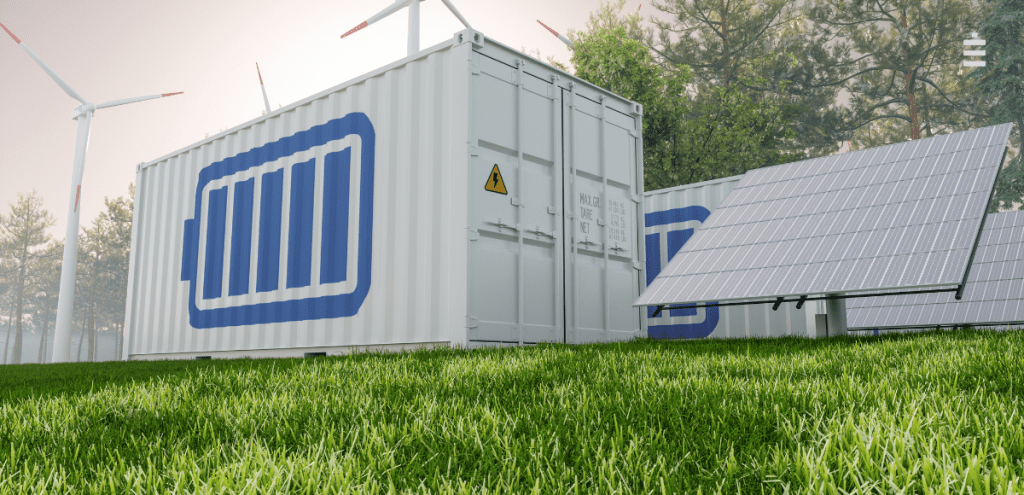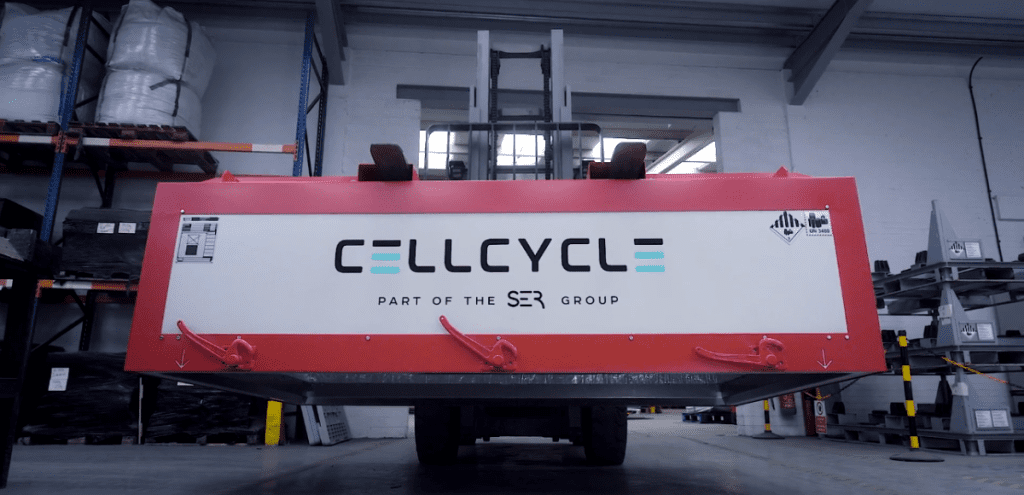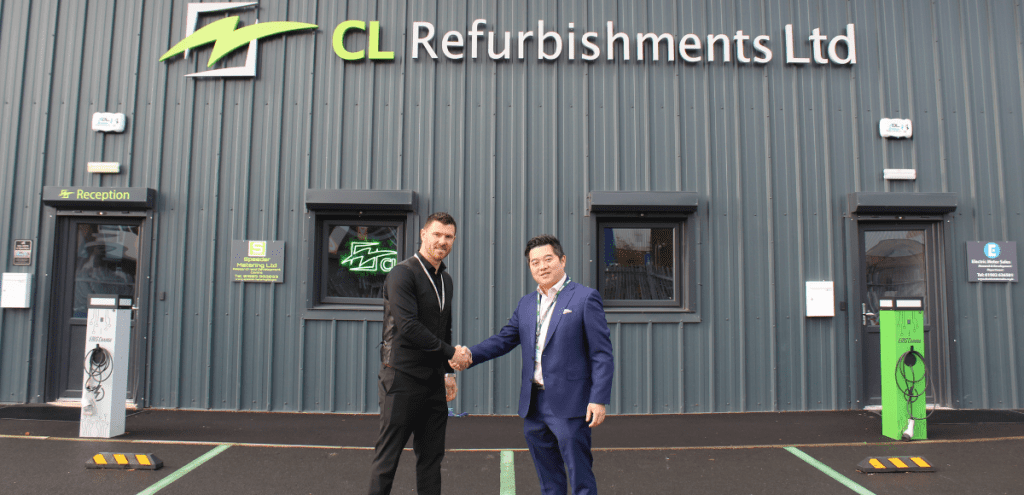As the UK advances towards its ambitious goal of achieving net-zero carbon emissions by 2050, the adoption of home energy storage systems (ESS) is becoming an increasingly essential component of the country’s energy transition. This blog explores the evolving trends in the UK’s residential energy storage market, the technological innovations that are driving this growth, the environmental benefits of these systems, the influence of government incentives, and the critical role of battery recycling in promoting a circular economy.
Current Trends in Residential Energy Storage Systems
The UK market for residential energy storage systems is expanding rapidly. Homeowners are increasingly drawn to the benefits of ESS, especially as energy costs continue to fluctuate and the need for energy security grows. A notable shift in the market is the move from pairing batteries with solar panels to the installation of standalone battery systems, reflecting the flexibility and adaptability of modern ESS technologies (Green.org).
This surge in adoption is bolstered by government incentives, such as the removal of VAT on domestic battery storage system installations from February 2024. This policy is designed to make these technologies more accessible, thereby encouraging a wider uptake among households across the country (Green.org).
Technological Advancements Fuelling Adoption
Technological advancements are at the heart of the increasing adoption of home energy storage systems. Modern lithium-ion batteries, which are widely used in ESS, now offer greater storage capacity, longer lifespans, and enhanced efficiency. These batteries are often integrated with smart home systems, allowing for optimised energy management through the use of artificial intelligence (AI) and machine learning (Data & analytics solutions).
These advancements are not only making ESS more reliable and cost-effective but also empowering consumers to manage their energy usage more effectively. By storing energy during off-peak hours, households can significantly reduce their energy bills, with savings potentially reaching up to 75% (Green.org).
Environmental and Sustainability Benefits
Home energy storage systems play a crucial role in reducing the UK’s carbon footprint. By enabling the integration of renewable energy sources such as solar and wind into daily household energy use, these systems help to reduce reliance on fossil fuels and lower greenhouse gas emissions. This contribution is aligned with the UK’s broader environmental objectives and is essential in the fight against climate change (Mordor Intel).
Moreover, ESS enhances the stability of the national grid by reducing peak demand pressures and providing backup power during outages. This not only improves energy security for households but also lessens the need for new infrastructure investments, thereby reducing the environmental impact associated with energy generation (Green.org).
Government Incentives and Support
The UK government has introduced several measures to support the adoption of residential energy storage systems. The removal of VAT on installations is just one example of these efforts. Additionally, there are various grants and funding opportunities available to homeowners who invest in energy-saving technologies. These initiatives are designed to make ESS more affordable and accessible, helping to drive the UK’s transition to a more sustainable energy system (Expert Market Research).
Cellcycle’s Role in Battery Recycling and the Circular Economy
As the use of residential energy storage systems (ESS) grows, so does the need for responsible lithium-ion battery disposal and recycling. This is where Cellcycle plays a pivotal role. Lithium-ion batteries, which are the backbone of most ESS, have a limited lifespan. When these batteries reach the end of their life, they can pose significant environmental risks if not properly disposed of.
We provide a comprehensive lithium battery recycling solution, addressing every stage of the battery lifecycle, from collection to processing. By utilising advanced lithium battery recycling route and our network of the UK’s largest refineries, we are able to recover valuable materials such as lithium, manganese, cobalt, and nickel from end-of-life batteries. These recovered materials can then be reintroduced into the supply chain, reducing the reliance on mining new raw materials and supporting the principles of a circular economy.
Throughout our lithium battery recycling process, we offer tailored services to meet the specific needs of our customers, including the safe collection and transportation of batteries, compliance with environmental regulations, and the provision of detailed reports on the materials recovered. Our state-of-the-art recycling facilities ensure that hazardous materials are handled responsibly, mitigating environmental impact and promoting sustainability.
Conclusion
The residential energy storage market in the UK is set for continued growth, driven by technological innovations, government support, and increasing consumer demand for sustainable energy solutions. As more households adopt these systems, the role of battery recycling becomes increasingly important. We are at the forefront of this movement, providing a crucial service that supports the principles of a circular economy and ensures that the transition to sustainable energy is both environmentally responsible and economically viable.
In this way, we are not just supporting the energy transition but also paving the way for a greener, more sustainable future.


